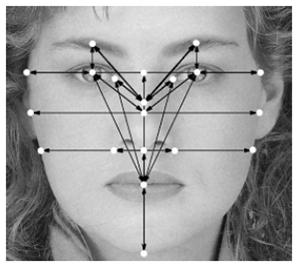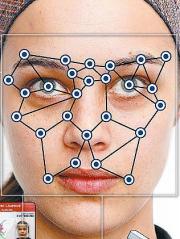FBI to Launch Nationwide Facial Recognition Service
October 7, 2011 1 Comment
by Aliya Sternstein
NextGov
October 7, 2011
The federal government is embarking on a multiyear, $1 billion dollar overhaul of the FBI’s existing fingerprint database to more quickly and accurately identify suspects, partly through applying other biometric markers, such as iris scans and voice recordings.

As it happens with many other government power grab moves, this new initiative is surrounded by "convenience" in order for people to accept it more easily.
Often law enforcement authorities will “have a photo of a person and for whatever reason they just don’t know who it is [but they know] this is clearly the missing link to our case,” said Nick Megna, a unit chief at the FBI’s criminal justice information services division. The new facial recognition service can help provide that missing link by retrieving a list of mug shots ranked in order of similarity to the features of the subject in the photo.
Today, an agent would have to already know the name of an individual to pull up the suspect’s mug shot from among the 10 million shots stored in the bureau’s existing Integrated Automated Fingerprint Identification System. Using the new Next-Generation Identification system that is under development, law enforcement analysts will be able to upload a photo of an unknown person; choose a desired number of results from two to 50 mug shots; and, within 15 minutes, receive identified mugs to inspect for potential matches. Users typically will request 20 candidates, Megna said. The service does not provide a direct match.
Michigan, Washington, Florida and North Carolina will participate in a test of the new search tool this winter before it is offered to criminal justice professionals across the country in 2014 as part of NGI. The project, which was awarded to Lockheed Martin Corp. in 2008, already has upgraded the FBI’s fingerprint matching service.
Local authorities have the choice to file mug shots with the FBI as part of the booking process. The bureau expects its collection of shots to rival its repository of 70 million fingerprints once more officers are aware of the facial search’s capabilities.
Read Full Article…


